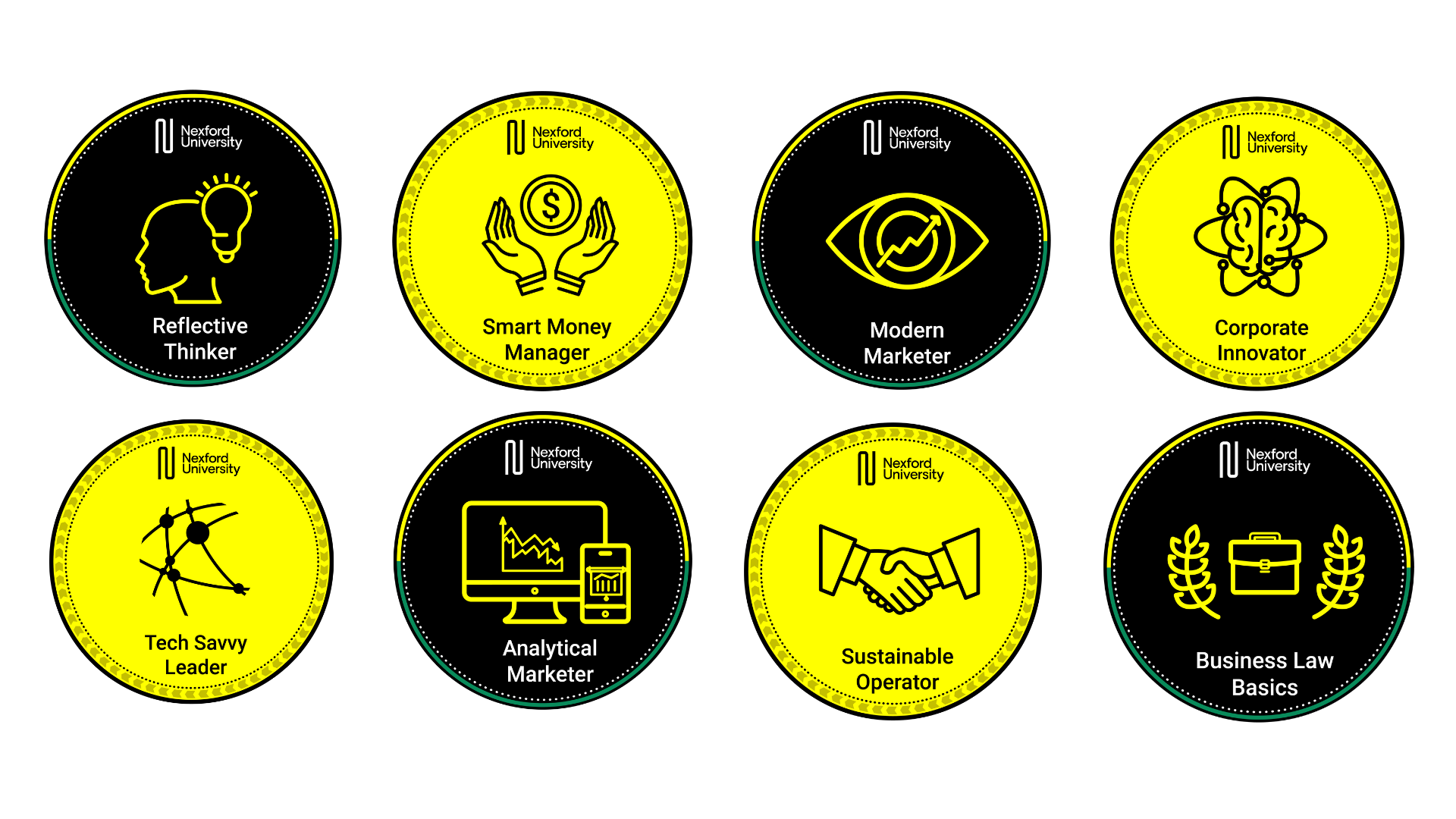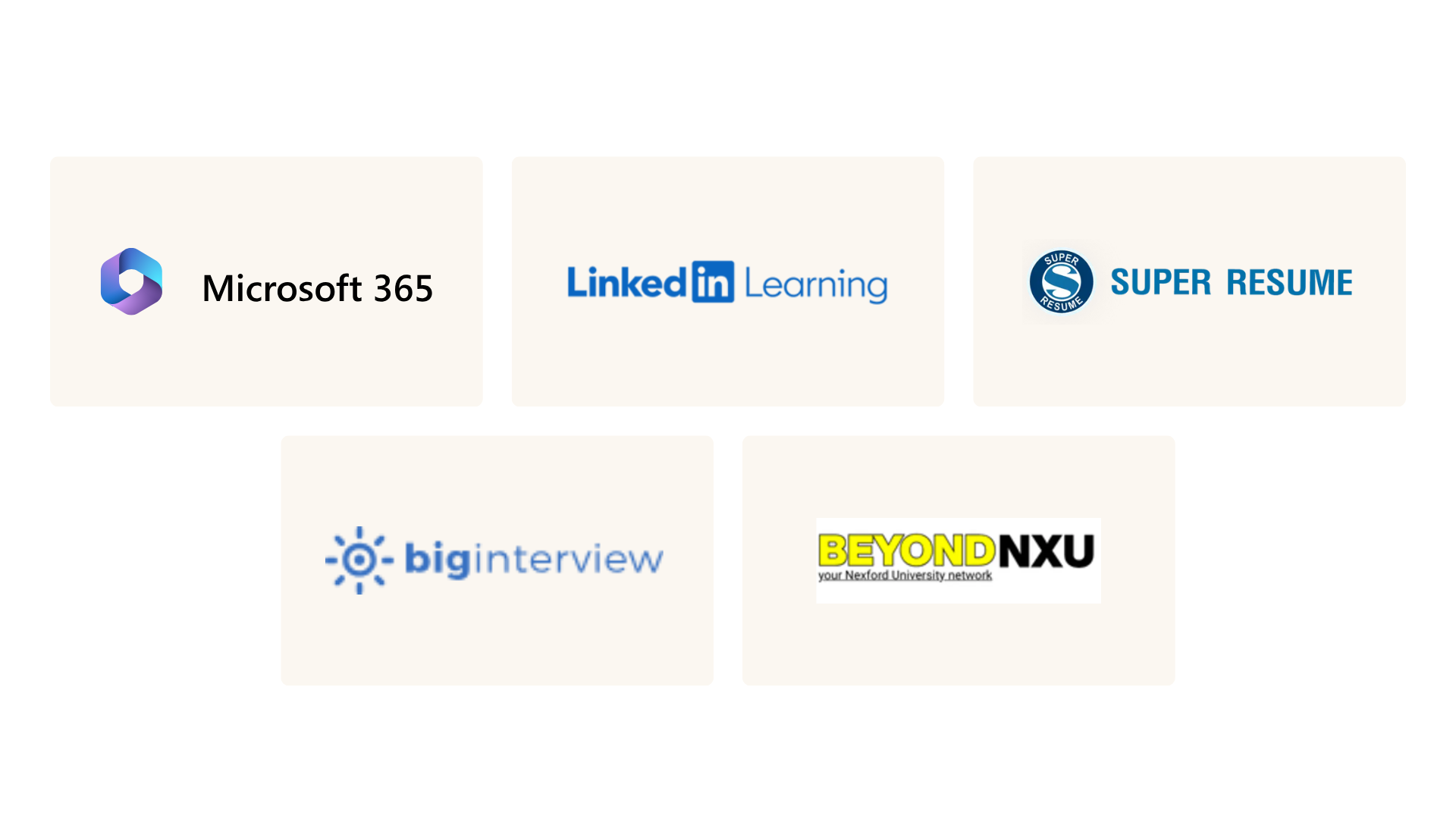
Career Pathway in Operations Management
Aug. 1, 2026
Be the one who keeps business running
Be the one who keeps business running
The Career Pathway Certificate in Operations Management builds your expertise in process optimization, supply chain coordination, and quality control. You’ll gain hands-on experience solving real operational challenges curated from the world’s leading organizations and earn badges that demonstrate the skills you’ve built.
This 100% online program prepares you for roles such as Operations Coordinator, Supply Chain Analyst, Logistics Assistant, and Procurement Assistant. You will gain 30 undergraduate credits upon completing this certificate.
Skills you will learn - and add to your résumé
High-quality yet affordable
With our pay-as-you-go model if you finish faster, you'll pay less.
- Affordable monthly payments
- No hidden fees - ever
- Pause or cancel anytime
- No fixed long-term contracts
Courses in the Career Pathway in Operations Management




















What’s it like to learn at Nexford?

Build skills by doing. Every course includes hands-on projects that mirror real workplace challenges like building financial models plans, data dashboards, or marketing strategies. You won’t just learn about it - you’ll practice doing it. And projects are often curated from the world's largest organizations.





Certificate Admission requirements


Undergraduate degree program applicants must submit proof of high school completion or its equivalent (e.g., GED or national exam certificate).

Where our learners work
























Join us for a free virtual tour
Join us live to see how learning at Nexford works, hear from alumni, and get your questions answered by current learners, faculty, and staff.


Your dedicated career success platform
Your dedicated career success platform




Complete your Career Pathway in Operations Management Certificate in six months
By completing courses faster and increasing your course load you can earn your certificate in six months.
- Course load: 1 course
- Pace: 1 course per month
- Course load: 2 courses
- Pace: 2 courses per month
You start your new journey with your certificate
Others block AI. We expect you to master it.
Real projects you'll complete in your Certificate in Operations Management






Your potential career outlook in Operations
- Operations Manager
- Operations Coordinator
- Logistics Manager
- Logistics Coordinator
- Quality Control Specialist
- Process Improvement Analyst
- Production Supervisor
- Compliance Coordinator
- Supply Chain Analyst
- Supply Chain Specialist
- Inventory Control Specialist
- Inventory Control Associate
- Procurement Analyst
- Associate Buyer
- Supplier Relationship Specialist
- Procurement Coordinator







- Strategy Consultant
- General Manager
- Business Operations Lead

- Strategy Consultant
- General Manager
- Business Operations Lead

- Strategy Consultant
- General Manager
- Business Operations Lead

- Strategy Consultant
- General Manager
- Business Operations Lead

- Strategy Consultant
- General Manager
- Business Operations Lead

- Strategy Consultant
- General Manager
- Business Operations Lead
Hear from our alumni and their employers



Thank you so much for the opportunity to be part of Nexford University. My education there significantly helped me advance my career. Additionally, my MBA has been successfully recognized as equivalent in my home country, Indonesia.

As a current MBA student at Nexford University, i like the flexile modality of study especially for full time employees, also the project-based learning approach with updated syllabuses, real case studies with top tech companies like Amazon, Tesla , Toyota, Apple...etc. and affordable at the same time for low middle income countries students.

Meet your future faculty
Meet your future faculty
Learn from faculty who are also experienced business leaders, entrepreneurs, and subject-matter experts. Their real-world experience helps ensure what you’re learning is practical, career-relevant, and aligned with what employers actually need. Join live group sessions or book 1:1 time when you need support.
Nexford is accredited.

Nexford University is accredited by the Distance Education Accrediting Commission (DEAC).
The DEAC is listed by the U.S. Department of Education as a recognized accrediting agency and is recognized by the Council for Higher Education Accreditation (CHEA).


Nexford University is accredited by the Distance Education Accrediting Commission (DEAC).
The DEAC is listed by the U.S. Department of Education as a recognized accrediting agency and is recognized by the Council for Higher Education Accreditation (CHEA).







